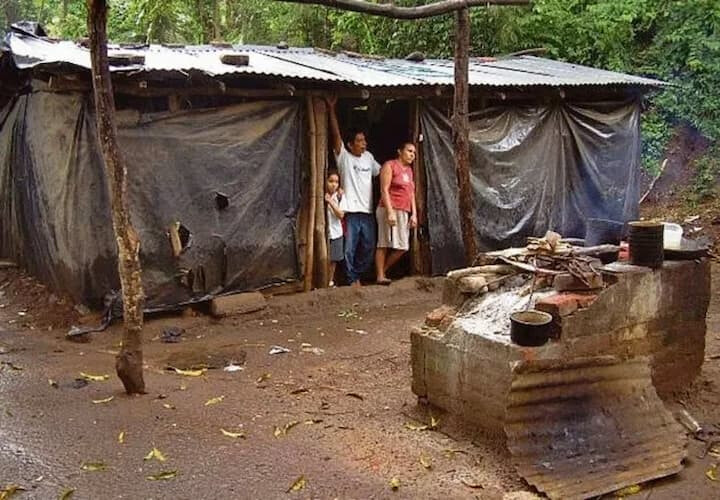
Asunción, Paraguay – Despite experiencing robust economic growth in recent years, Paraguay continues to grapple with widespread poverty, according to the latest census data released by the National Institute of Statistics (INE). The 2022 census revealed that a staggering 28.3% of the Paraguayan population, equivalent to over 1.7 million households, lack access to basic necessities such as education, adequate housing, sanitation, and sufficient income.
The stark contrast between the country's economic performance and the living conditions of a significant portion of its population underscores the urgent need for targeted social policies. The lack of access to quality education hinders the development of future generations, while substandard housing and inadequate sanitation contribute to health problems and limit overall well-being. Moreover, the persistent income inequality undermines social cohesion and hinders sustainable development.
To address these pressing challenges, the Paraguayan government must prioritize the following:
Expanding access to quality education: Investing in education and ensuring that all Paraguayans have equal opportunities to learn.
Improving housing conditions: Providing affordable housing and upgrading existing infrastructure to improve living standards.
Expanding access to clean water and sanitation: Investing in water and sanitation infrastructure to improve public health.
Strengthening social safety nets: Implementing targeted social programs to support low-income households and reduce poverty.
Paraguay's leaders must shift their focus from short-term economic growth to long-term sustainable development. This requires a comprehensive and inclusive development strategy that prioritizes the needs of the most vulnerable.
The persistence of poverty amidst economic growth is a clear indication that Paraguay's development model is not inclusive enough. To achieve a more equitable and prosperous future, the government must redouble its efforts to address the root causes of poverty and inequality.
[Copyright (c) Global Economic Times. All Rights Reserved.]




























